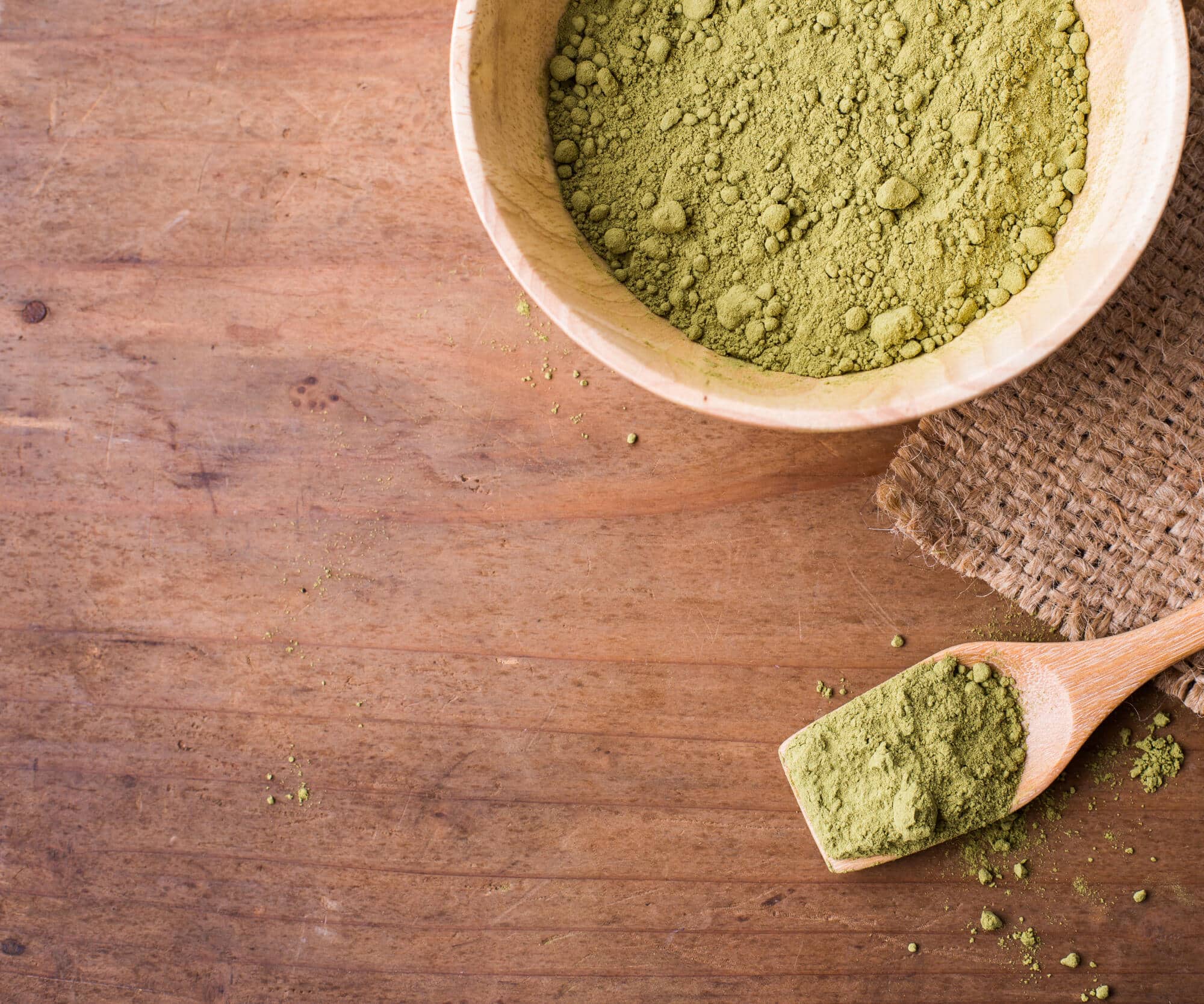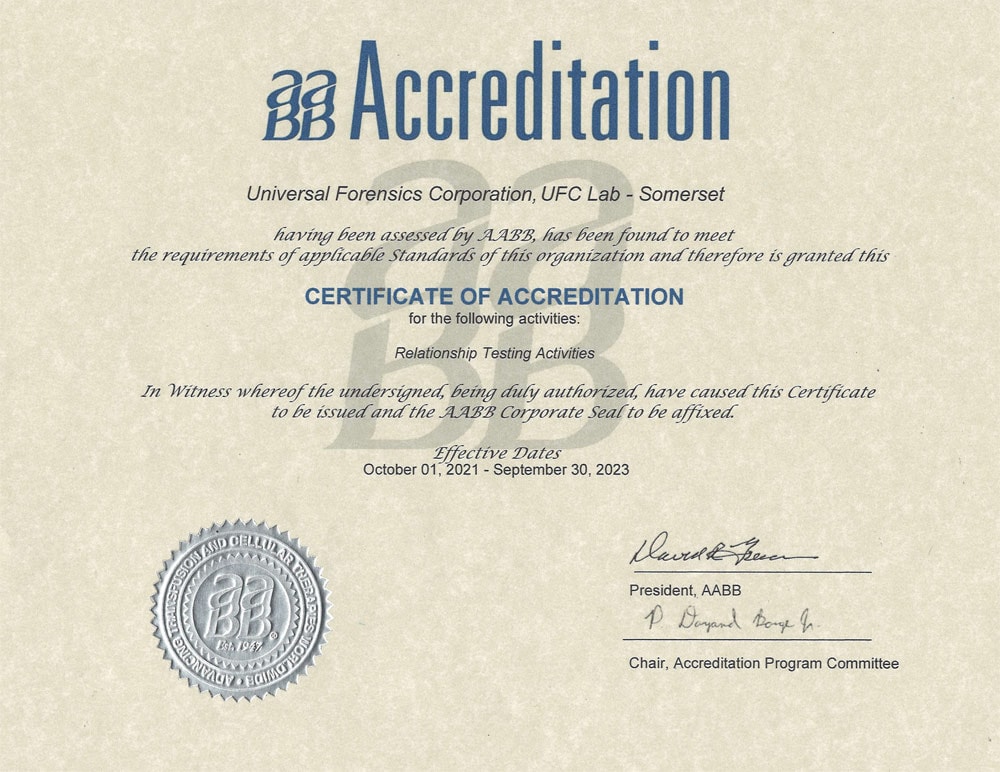Does Kratom Show Up in a Drug Test? Understanding the Facts

Approximately 2 million Americans are using kratom each year. With kratom’s rising popularity, a crucial question pops up for both kratom users and employers: does kratom show up in a drug test? The answer isn’t a simple yes or no.
As a result, this can be a confusing topic. To help you out, below is a guide on facts about kratom and drug screenings. Keep reading to learn more.
What Is Kratom?
Kratom is a tropical evergreen tree in the coffee family native to Southeast Asia. Its leaves contain kratom alkaloids, including:
- Mitragynine
- 7-Hydroxymitragynine
- Speciociliatine, speciogynine, paynantheine, and isopaynantheine
- Oxindole alkaloids like corynoxin, isorotundifoleine, isospeciofoleine, and speciofoline
These alkaloids interact with receptors in the brain, producing effects similar to opioids and stimulants. You can use it for recreational purposes or to manage chronic pain. However, it isn’t FDA-approved for medical use.
Kratom Legality
While kratom is legal at the federal level in the US, its legal status can vary by state and locality. Several states, such as Arizona, Colorado, and Utah have passed the Kratom Consumer Protection Act (KPCA). The KPCA sets a minimum age limit for using kratom (18 years old), prohibits the addition of impurities, and requires clear labeling.
Six states have total bans on kratom, including:
- Alabama
- Arkansas
- Indiana
- Tennessee
- Vermont
- Wisconsin
Some local cities have also banned kratom, such as Union County, Mississippi, and San Diego, California. If there are kratom restrictions in an area, employers may need to include them in their workplace drug screening protocols.
Does Kratom Show Up in a Drug Test?
If you’re concerned about whether kratom will appear in a drug test, it does not show up on standard drug tests. The common 5-panel drug test often checks for opiates, THC, PCP, amphetamines, and cocaine.
Even with the more comprehensive 10-panel drug test, kratom alkaloids may not be detected. The 10-panel drug test often looks for:
- Amphetamines
- Cocaine
- Cannabis
- Opioids
- Barbiturates
- Benzodiazepines
- Phencyclidine (PCP)
- Methaqualone (ludes)
- Methadone (dollies)
- Propoxyphene (Darvon)
- Tramadol
- Buprenorphine
If your company is looking to test employees, you can be assured that standard drug tests won’t detect kratom.
What Tests Can Detect Kratom Metabolites?
Some more advanced tests can detect the presence of kratom. These specialized tests look for the specific alkaloids found in kratom, like mitragynine and 7-hydroxy mitragynine.
Advanced methods like liquid chromatography-tandem mass spectrometry (LC-MS/MS) can come in handy in kratom drug screening. You can also use tests that employ mass spectrometry to identify and quantify specific kratom alkaloids. Additionally, you can order a “kratom 10-panel test” that’s designed to detect kratom use.
How Long Does Kratom Stay in Your System?
Kratom can stay in your system for varying lengths depending on the test. In urine tests, it can be detectable for up to a week.
Blood tests may find kratom for 2-3 days. On the other hand, hair tests can hold onto kratom evidence for up to 90 days.
Factors That Affect Kratom Detection on Drug Tests
Kratom is a complex drug and several factors influence its detectability in drug tests. Some of these factors include:
Drug Test Sensitivity
Standard drug tests usually screen for a panel of commonly abused substances. Kratom isn’t traditionally included in this lineup.
However, high kratom doses can sometimes trigger false positives for opioids like methadone. This is because kratom contains alkaloids like mitragynine that mimic some opioid effects. So, a positive result may not necessarily mean you’re using illicit drugs.
The Quality of Kratom Used
Low-quality kratom with minimal mitragynine content may be undetectable. However, highly concentrated kratom products are easily detectable. This is due to the higher presence of detectable kratom metabolites.
Your Metabolism
Your metabolism plays a key role in how long kratom stays in your system. As you age, your metabolic rate tends to slow down. This means it takes longer for your body to eliminate kratom, increasing the detection window.
If you have a higher body fat percentage, you will tend to store mitragynine for longer durations. This makes you more susceptible to positive tests.
Kratom Dosage and Frequency of Use
The amount and frequency of kratom use can also affect detection. Higher kratom doses may cause the substance to linger in your system for a longer period. This increases the chances of a positive test.
Regular kratom users often develop tolerance. As a result, you may need higher doses to achieve the same effects. This continuous intake can lead to kratom accumulating in your body, making it more detectable in drug tests.
Food and Water Intake
The food you eat can impact how long kratom stays in your system. For instance, taking kratom on an empty stomach or with fatty foods can affect its absorption rates.
Drinking plenty of water helps eliminate kratom metabolites through urination. As a result, it will help you shorten the detection window.
Liver and Kidney Health
The liver and kidneys help in processing and removing toxins from your body. If you have a damaged liver or kidney function, it can slow down the elimination of kratom. This increases your chances of a positive test.
Workplace Drug Testing and Kratom Use
Worried about kratom showing up on a work drug test?
Most workplace tests won’t catch it. But there’s a catch. Some states that outlawed kratom or government jobs with stricter rules may use special drug tests for kratom.
If you live in these places or are applying for a government job, kratom use may mean you don’t get the job. To be safe, it’s best to avoid kratom before your test.
Find Reliable Kratom Drug Screening Services
So, does kratom show up in a drug test? The answer depends on the type of test used. While standard drug tests may not detect kratom, specialized tests can.
If you need kratom testing done, ReliaLabTest has got you covered. With eight years of expertise, we stand proud as a leading provider of drug testing solutions. Don’t leave anything to chance–choose us for accurate and confidential kratom testing.
Reach out to us today to order your test.








